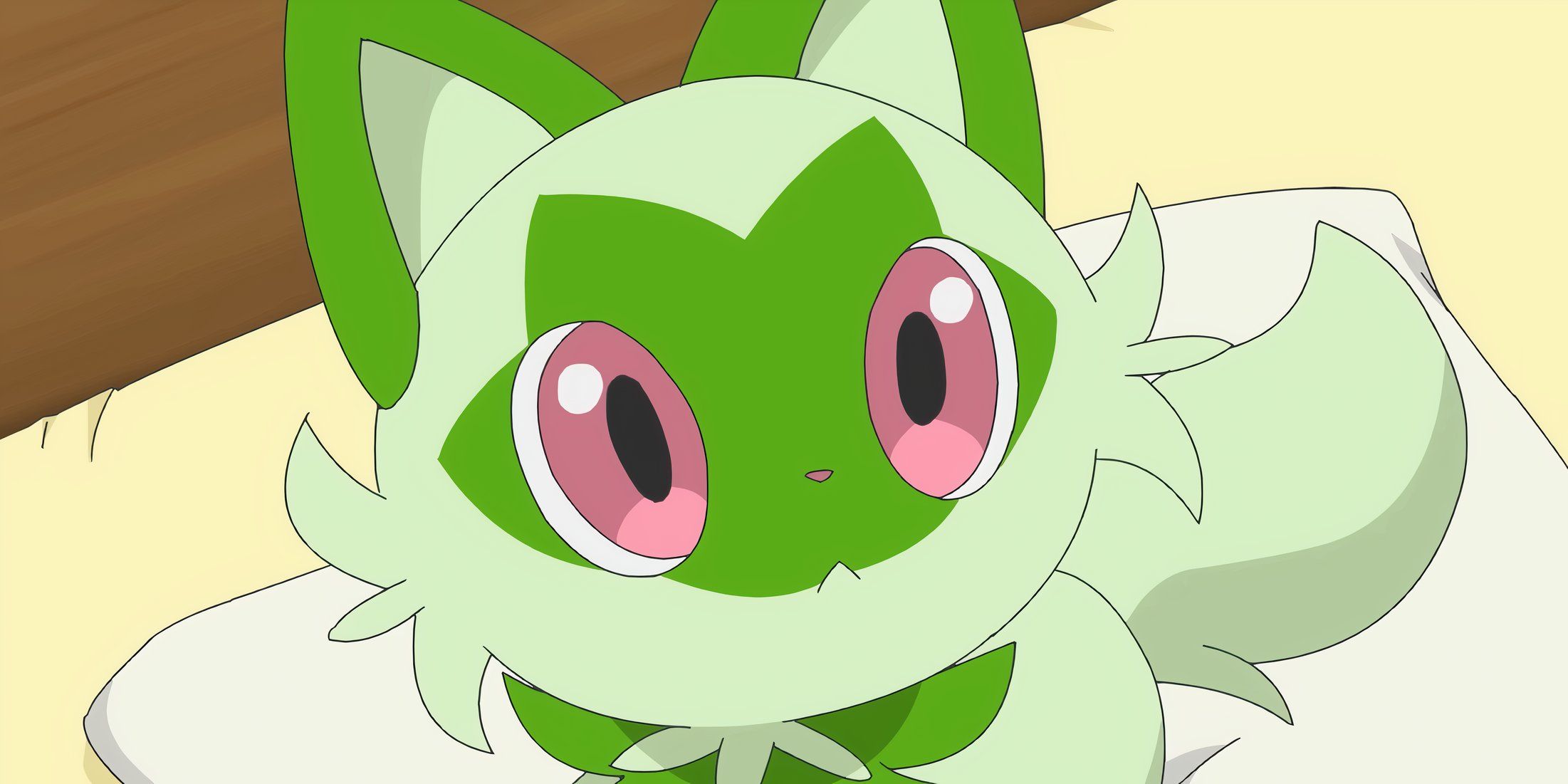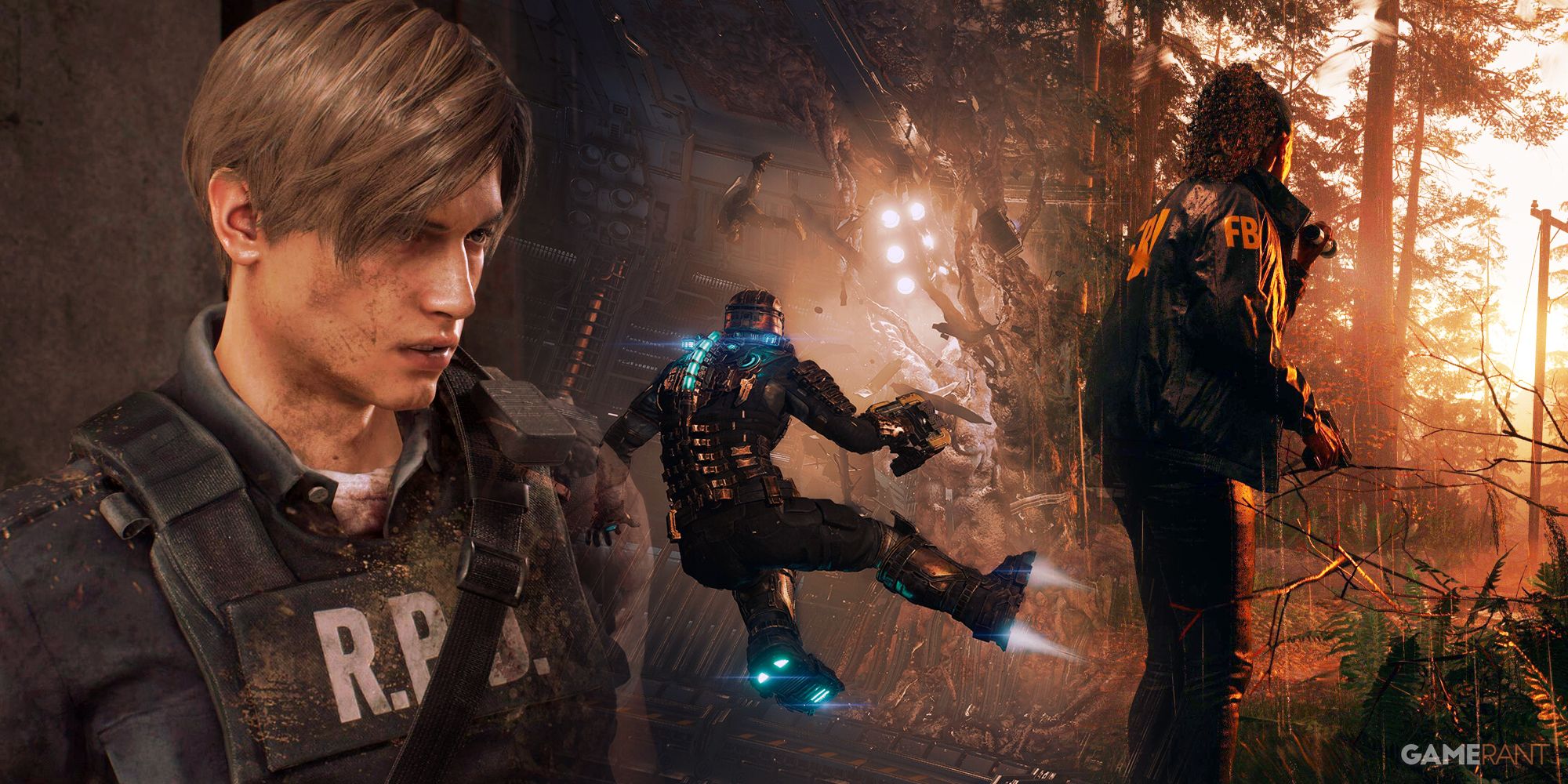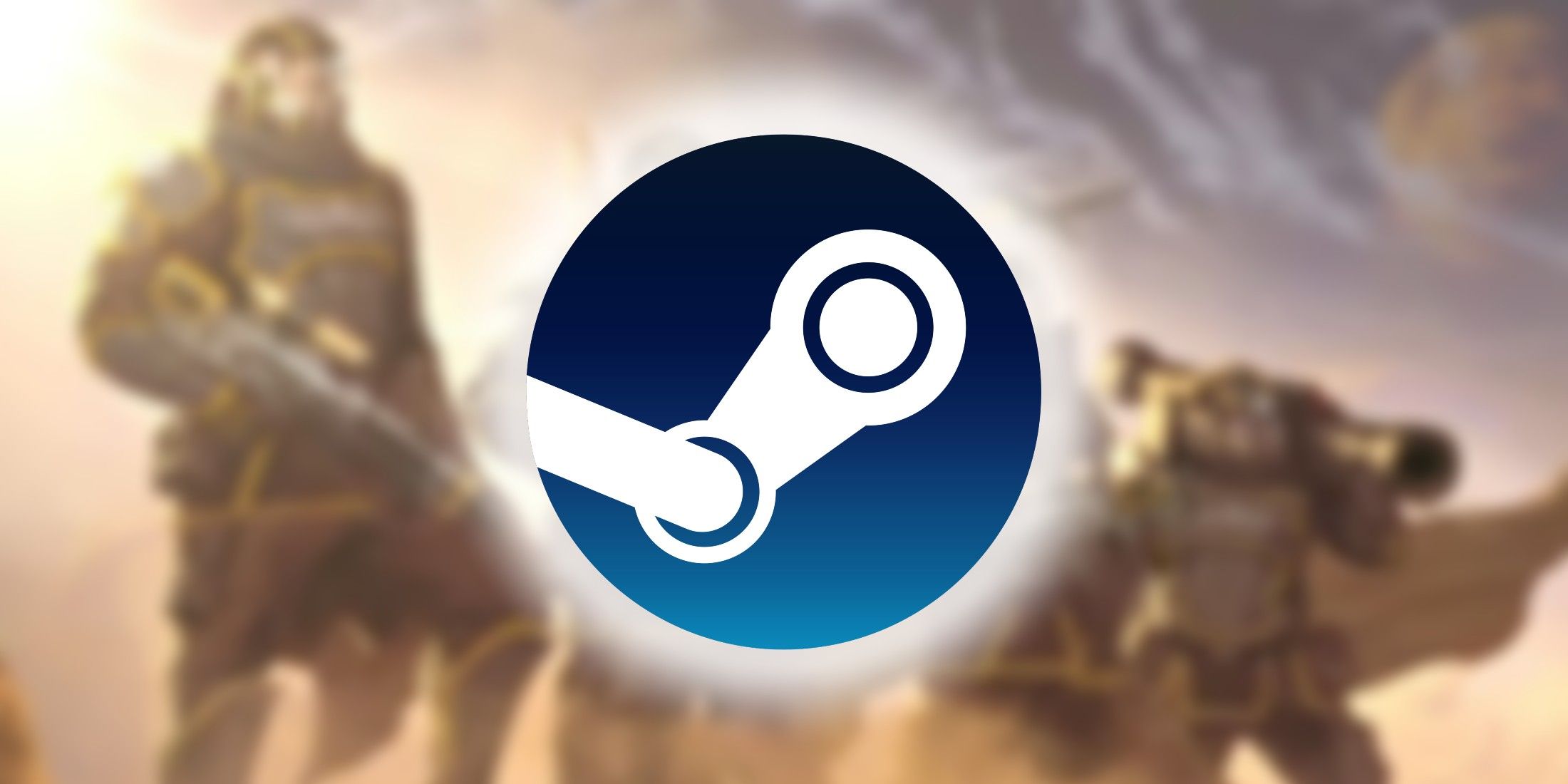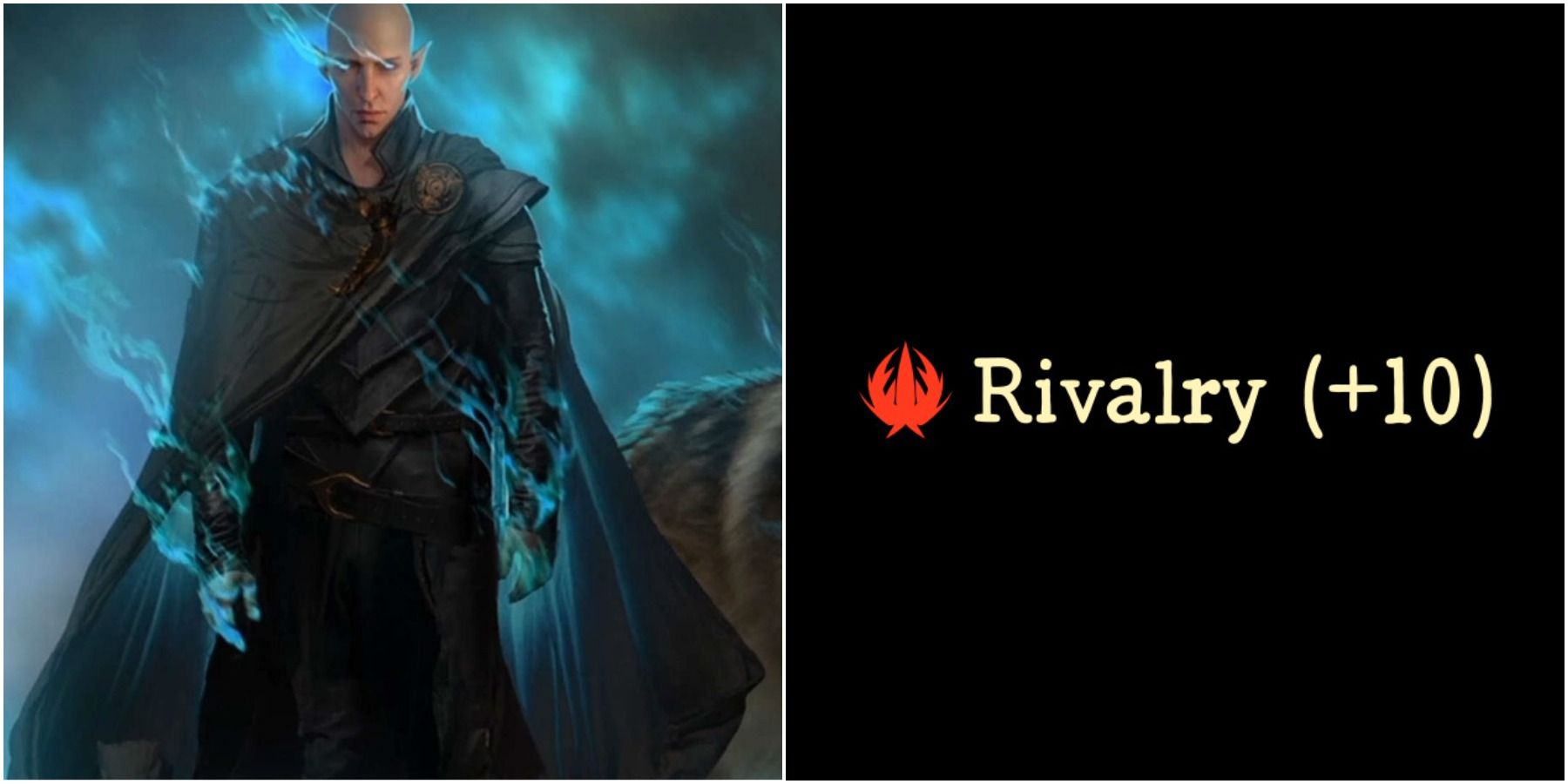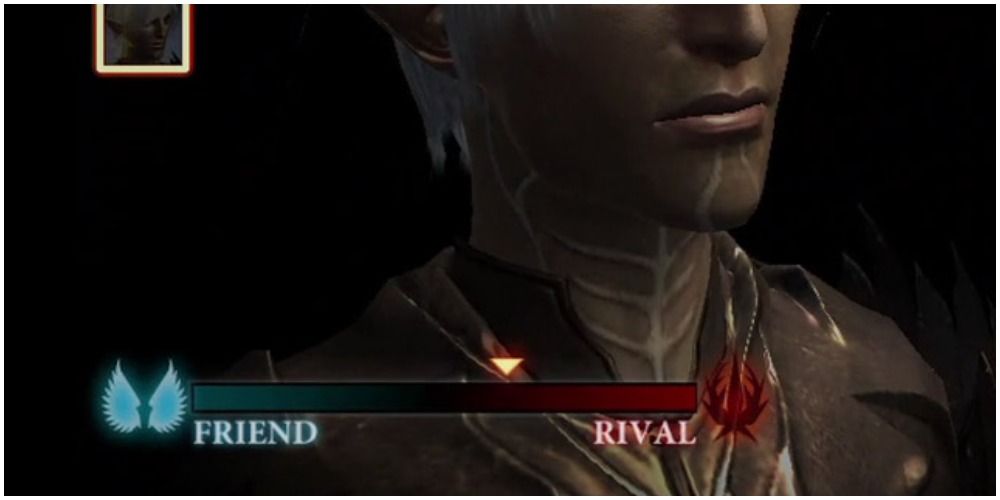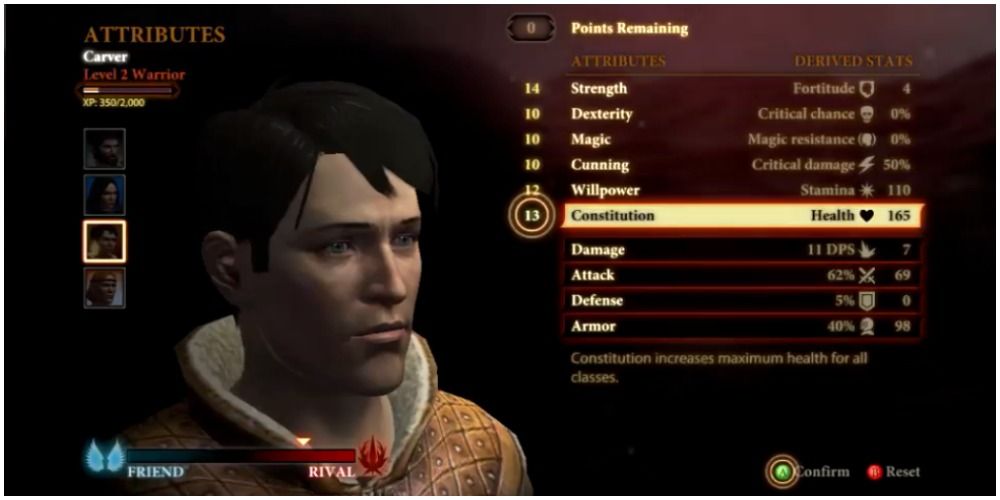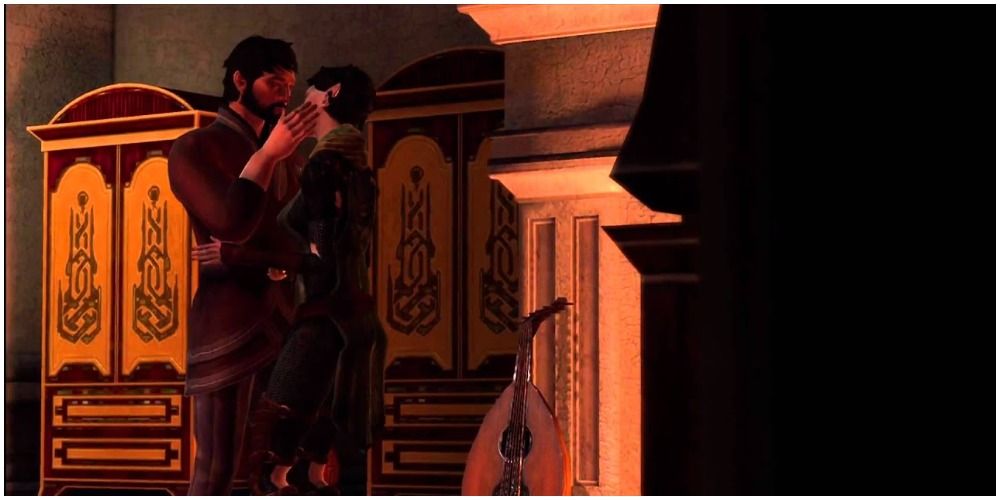With Dragon Age 4 on the horizon, fans are wondering what to expect in terms of companions, mechanics, and story. The main games each are a little unique in their gameplay, like Dragon Age: Origins gave fans the ability to shower companions with gifts to grind approval, and Dragon Age: Inquisition used war table missions that worked in real-time. Dragon Age 2, in particular, has become known as an outlier for its many differences such as not getting to choose the race of the player character, taking place in one city, and its recycled dungeons.
A lot of these unique differences made Dragon Age 2 the least popular in the series (though it has gained a strong cult following). However, there is still a lot the game got right, and that was in its characters and how they developed over the three story arcs. A big part of their development was based on whether they were friends or rivals with Hawke. This replaced the approval and disapproval system and made for very interesting dynamics, especially in the romances. It is one thing from Dragon Age 2 that deserves a comeback.
What Made Rivalry Better Than Approval/Disapproval
The Dragon Age series' greatest strength is its story and characters. Fans get very attached to these NPCs and want them to stick around. With certain characters that are not main plot relevant, a lot of disapproval in Dragon Age: Origins and Inquisition can result in the NPC leaving. Due to that, a lot of players grind approval, making it so the only relationship they can have with a character is a friendly one. The perspective is limited because only one way has the most reward and gets loyalty.
Dragon Age 2 changed that up, with approval instead being friendship, and disapproval being rivalry. Rather than have NPCs leave from disapproval, their loyalties to the player character are actually stronger no matter which way their feelings go. Instead, what changes are their behavior and relationship with Hawke. Even more interesting, rivaled companions can still be romanced, and their romance is affected by rivalry/friendship. Due to this, players more freely made choices and got to have interesting relationships with characters that were not necessarily friendly. These characters did not ever leave Hawke based on rivalry (in fact, rivalry was preferable to neutrality).
Details in the Rivalry System
Friendship and rivalry developed every character in Hawke's crew in different ways. Friendships encourage companions to be as they are, while rivalry pushes them to change. For example, a friended Anders is more comfortable with his situation with Justice and does not regret his actions as much. A rivaled Anders is more challenged, on the defensive, and plagued by self-doubt. Another example is Isabela, whose pirate ways are supported in friendship. In rivalry, she is at odds with Hawke being a "goody goody," but towards the end accepts that it can feel good to sometimes help people for no reward.
Gifts were quite different in Dragon Age 2 as well, with a gift awarding either friendship or rivalry depending on which way they are already leaning. Their reaction to the gift changes as well. For example, a friended Fenris is grateful and open to Hawke teaching him how to read. A rivaled Fenris is far more hesitant to let Hawke teach him and takes offense at first. Romances were especially interesting with this two-way street. Some Dragon Age fans consider the rival romances of Dragon Age 2 to be the most interesting ones in the game, as they show that love is not always practical and easy.
Why Dragon Age 4 Should Consider Friendship/Rivalry
There are players that wish they could have rivaled characters in Dragon Age: Origins and Inquisition. It would have been interesting to see a rivaled Morrigan, Sten, and Leliana just as it would be for characters like Solas, Sera, and Vivienne. In Dragon Age 2, players never had to fear being locked out of dialogue and quests based on not having enough approval. Roleplaying was easier, as they did not have to pander to companions for fear of losing character content.
Some fans have mentioned that Inquisition did right by getting rid of the approval/disapproval meter that players can check on to see where they are with a character. This was an important change, as showing a meter as to where players are with character approval also promoted pandering rather than roleplaying. This could be combined with Dragon Age 2's friendship/rivalry system, in that companions can be rivaled, but the game does not show the meter as to where they are at. This way, both ways of players feeling they have to pander to characters are gone.
Dragon Age 4 is in development.

